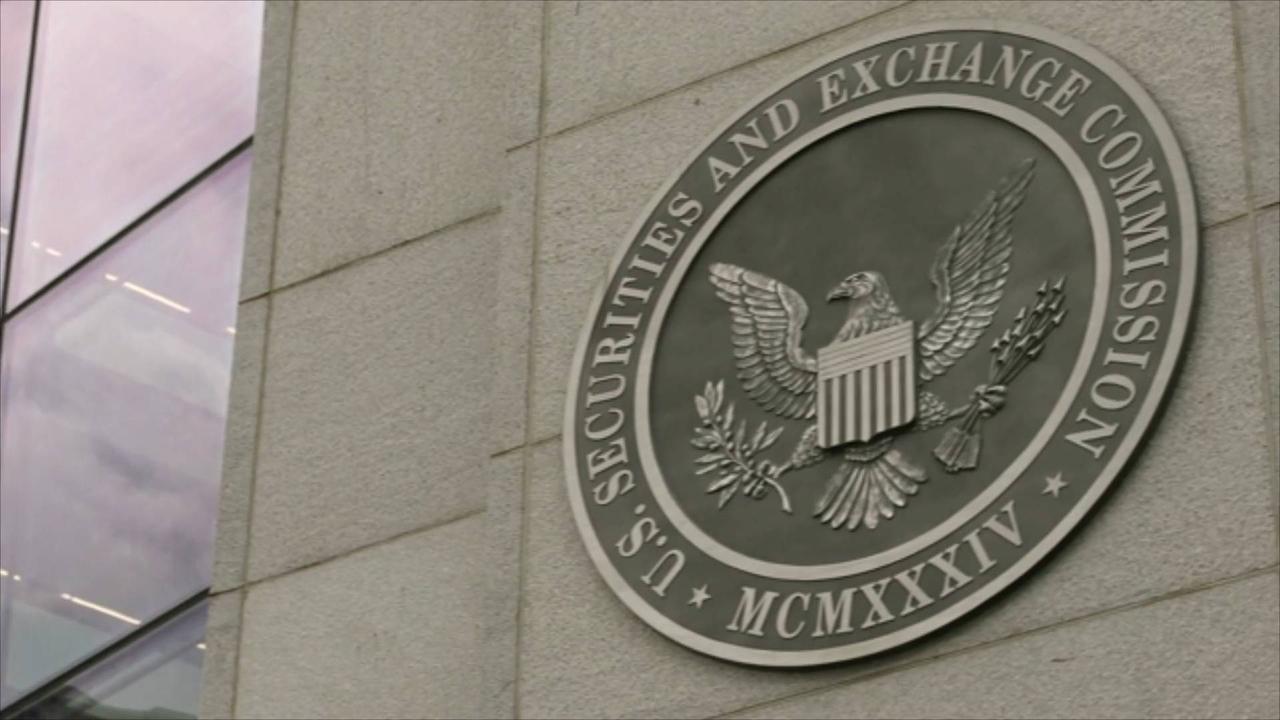
Supreme Court Rules , Against SEC's Authority, to Impose Fines.
NPR reports that the United States Supreme Court recently voted 6-3 against the Securities and Exchange Commission's policy on fraudulent conduct.
.
NPR reports that the United States Supreme Court recently voted 6-3 against the Securities and Exchange Commission's policy on fraudulent conduct.
.
Chief Justice John Roberts, writing for the court's conservative majority, said the current rules deprive accused transgressors of their constitutional right to a jury trial.
.
Chief Justice John Roberts, writing for the court's conservative majority, said the current rules deprive accused transgressors of their constitutional right to a jury trial.
.
The SEC relies on administrative law judges (ALJ) to make legal conclusions in cases brought before the agency.
The Supreme Court's decision has the potential to send ripples through dozens of agencies, from labor rights to energy regulation.
The Court did exclude from its decision those agencies dealing with federal benefits, while some conservative justices wanted the ruling to go further.
The three liberal justices in dissent blasted the decision by the majority.
.
The case was brought by a former conservative radio host and hedge fund manager, George Jarkesy, following an SEC fraud investigation.
The case was brought by a former conservative radio host and hedge fund manager, George Jarkesy, following an SEC fraud investigation.
An in-house evidentiary hearing fined Jarkesy $300,000, ordered him to pay back almost $700,000 in ill-gotten profits and barred him from the securities industry.
Jarkesy argued that he was entitled to a jury trial held in a federal court and that Congress lacked the power to delegate such authority to the SEC.
NPR reports that Jarkesy's case was supported by a number of conservative and business groups, and individuals such as Elon Musk.
NPR reports that Jarkesy's case was supported by a number of conservative and business groups, and individuals such as Elon Musk
